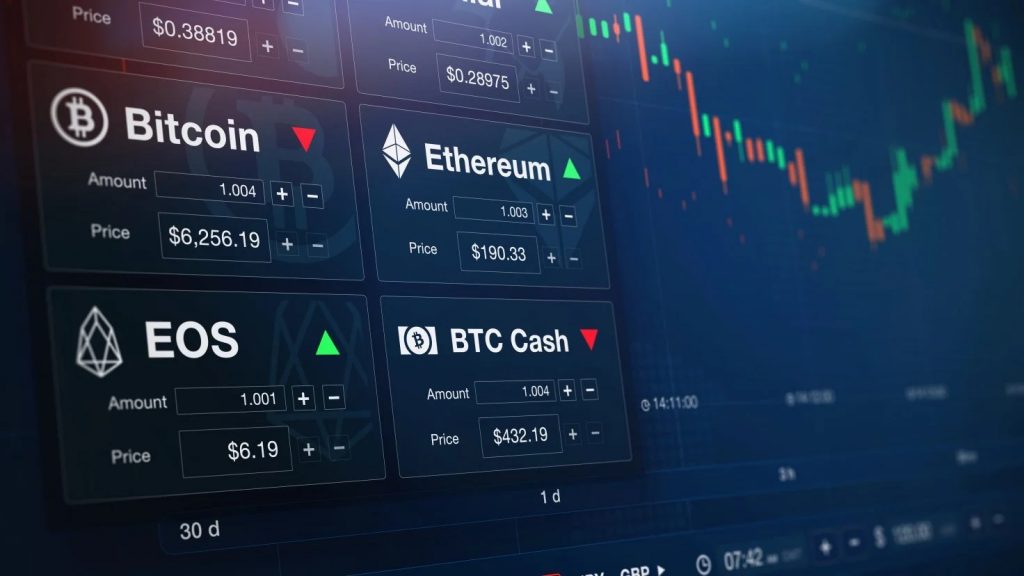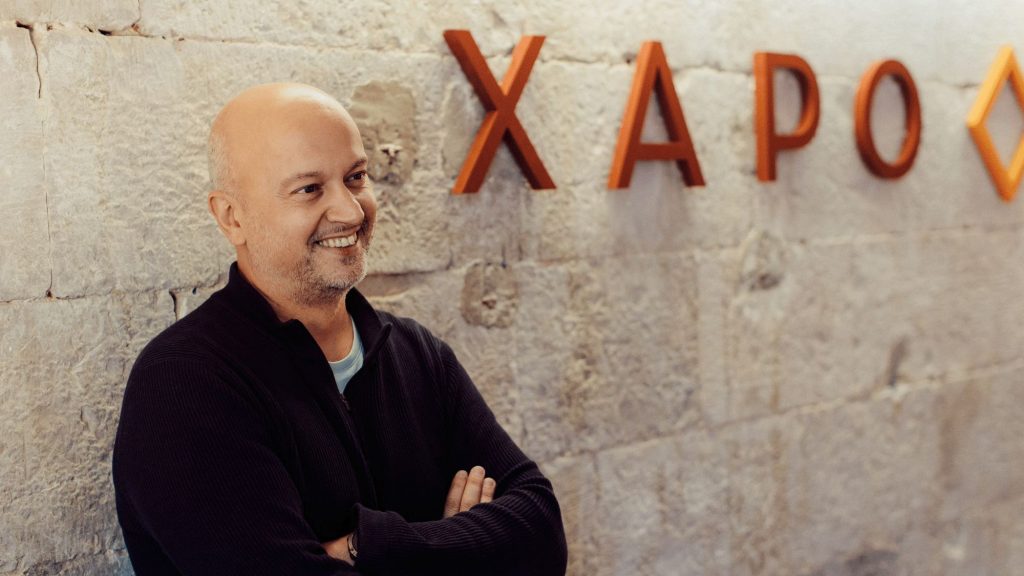In a move that signals a major leap forward in generative AI, OpenAI has quietly rolled out ChatGPT-5, its most advanced model to date….
Crypto exchanges vs. banks: Why it matters

Xapo Private Bank chief executive Seamus Rocca has spoken about the current crisis in the global banking and crypto industry, stating that trusted crypto custodians still offer safe havens during the “crypto winter”.
In a recent interview, Rocca explains the difference between crypto exchanges and crypto banks, and why it matters now. He says, “Not all crypto-friendly financial institutions and services are cut from the same cloth. Those that are well-provisioned and aligned with the regulators can continue to provide safety. It is still possible to keep and grow your Bitcoin or USDC securely. Customers just need to be discerning.”
Rocca’s comments come in the wake of the United States banking crisis, which was triggered by spiking interest rates and the recent collapse of several leading crypto exchanges, crypto hedge fund firms and crypto banks. Many people are now wondering if all crypto institutions should be regarded with suspicion in the current climate.

Rocca believes that some education is necessary to ensure people understand the different kinds of crypto institutions in the market and where they lie on the risk curve.
He emphasises that there are regulated and unregulated entities, and that many crypto exchanges are regulated very poorly or not at all, and are therefore risky to use.
Xapo Bank is a private bank based in Gibraltar, regulated to European Union and United Kingdom standards. Unlike traditional retail banks, Xapo does not offer customer loans and does not rely on fractional reserve banking to make money as its core business model. All of its customers’ money is held dollar for dollar (1:1) on its balance sheet.
It is invested in very short-dated, highly credit-rated, money market instruments and short-term bonds. Rocca states that Xapo is designed to be a secure platform to protect members’ savings and therefore does not speculate with fiat currencies or Bitcoin.
He furthermore highlights the key differences between crypto-friendly private banks and exchanges, and why it matters.
Crypto exchanges are trading platforms, so their focus is on encouraging and profiting from the fees they earn on high trading volumes.
Their business models are all about convenience rather than privacy and security, and it is not their mandate to protect a customer’s life savings.
Rocca believes that those who have put their hard-earned money into Bitcoin now need to focus on securing those assets. “Self-custody is an option but lots can go wrong. It’s much safer to seek out a regulated, credible and highly liquid Virtual Asset Service Provider (VASP) to hold your Bitcoin. Some private banks do have credible VASP offerings.”
Banks largely generate revenue from customers’ deposits, interest on loans, and wealth management services. Rocca explains that “whereas banks can offer interest, exchanges don’t have the right or the access to generate yield in the traditional investment market. They do offer access to a number of interesting Web3 alternatives with lending and staking being particularly interesting, but it carries more inherent risks.”
In conclusion, Rocca states that there is a real consensus between traditional and Web3 players that the combination of secure private banking and Bitcoin custodianship is the future and holy grail of banking. The world is changing, and we need to move with the times.
READ NEXT: Standard Bank brings Tapscotts to boost African blockchain

